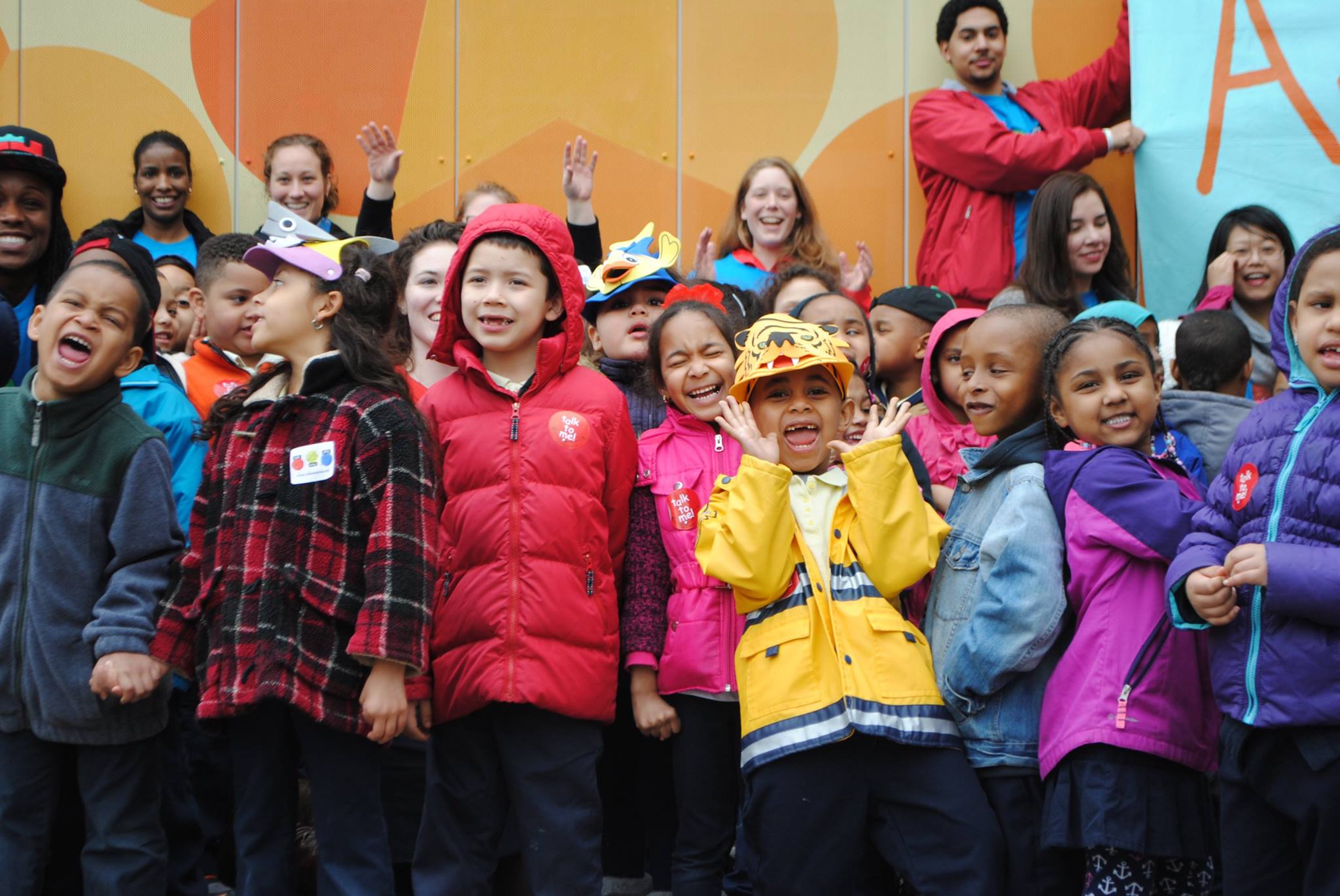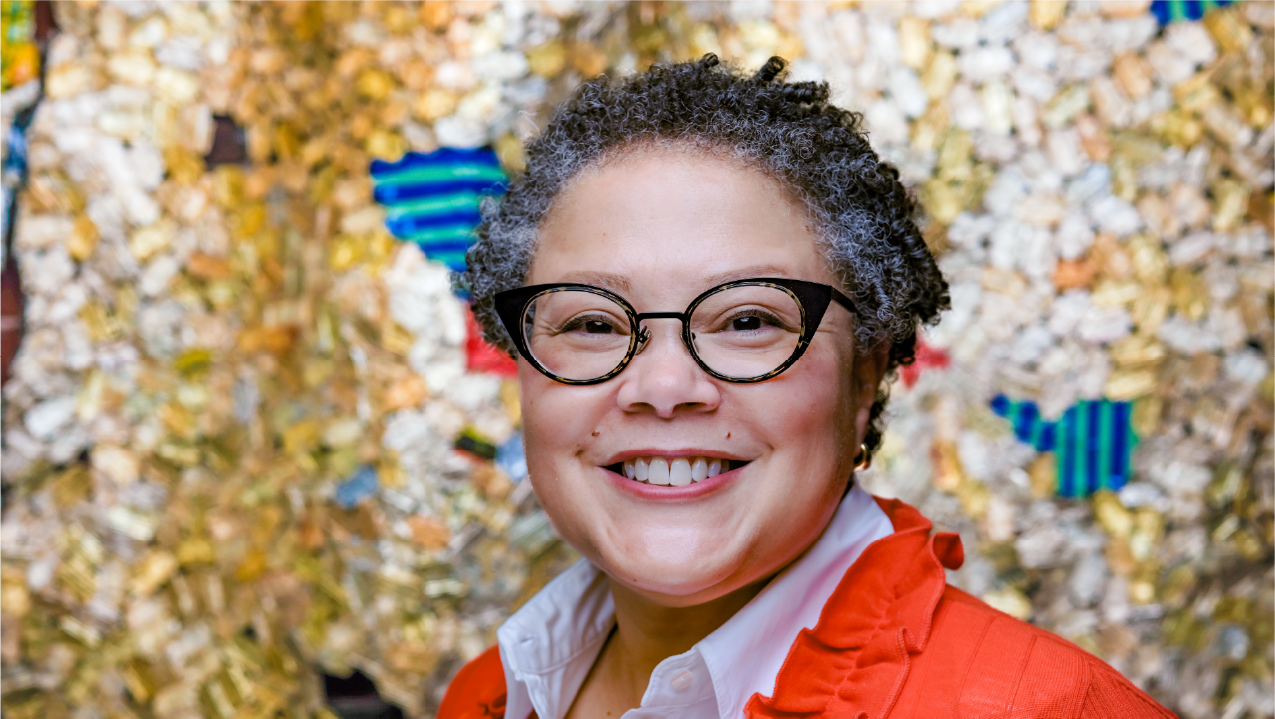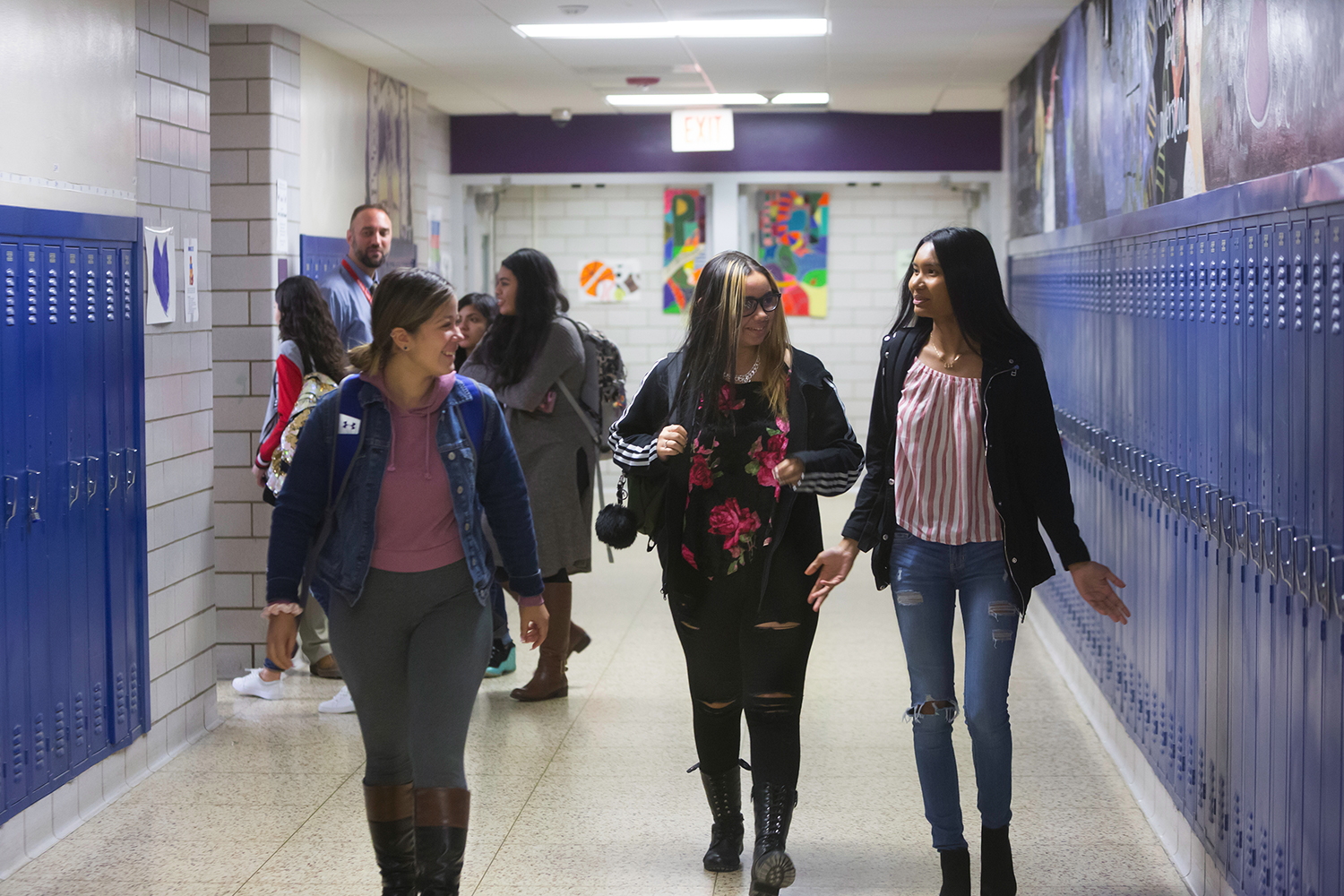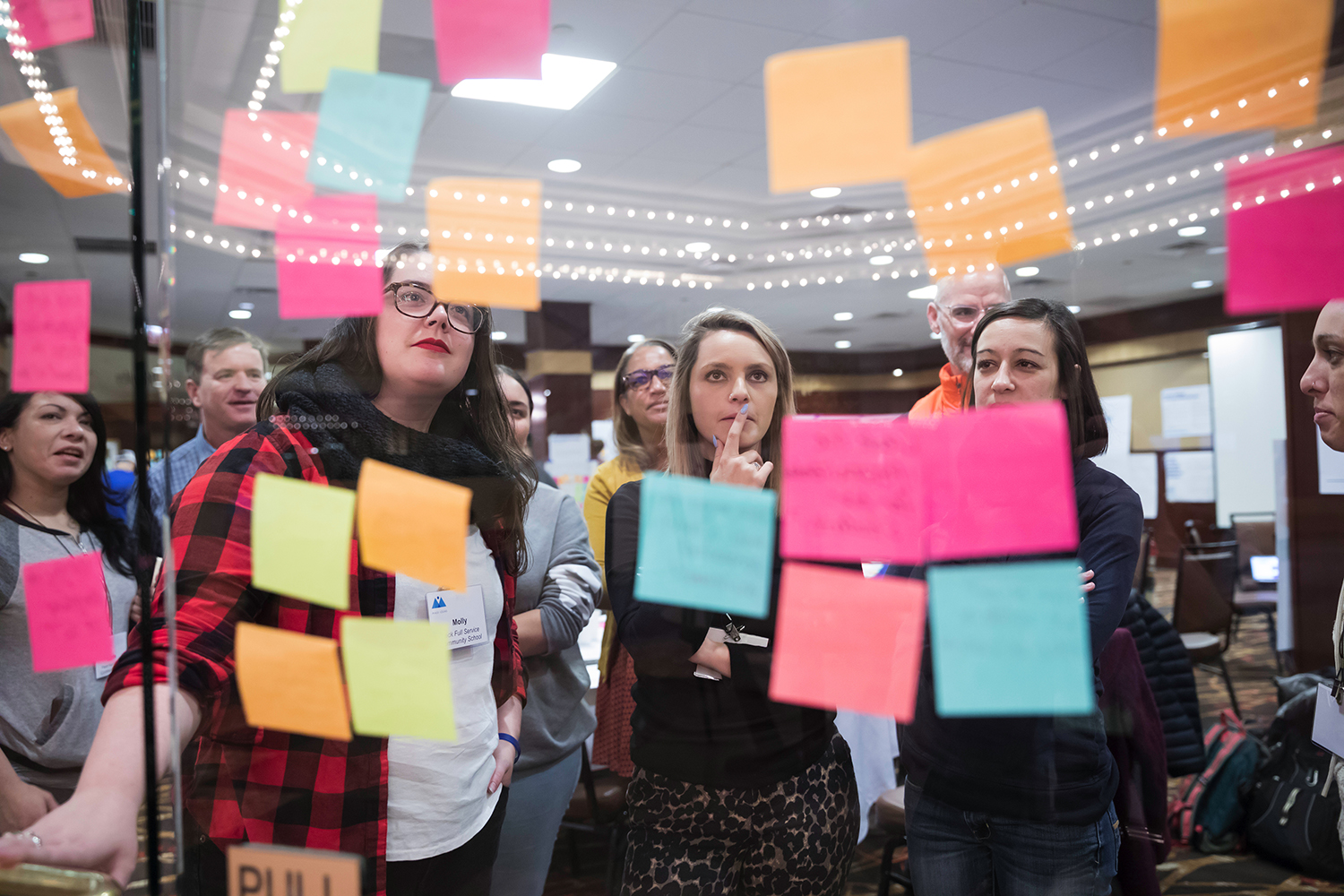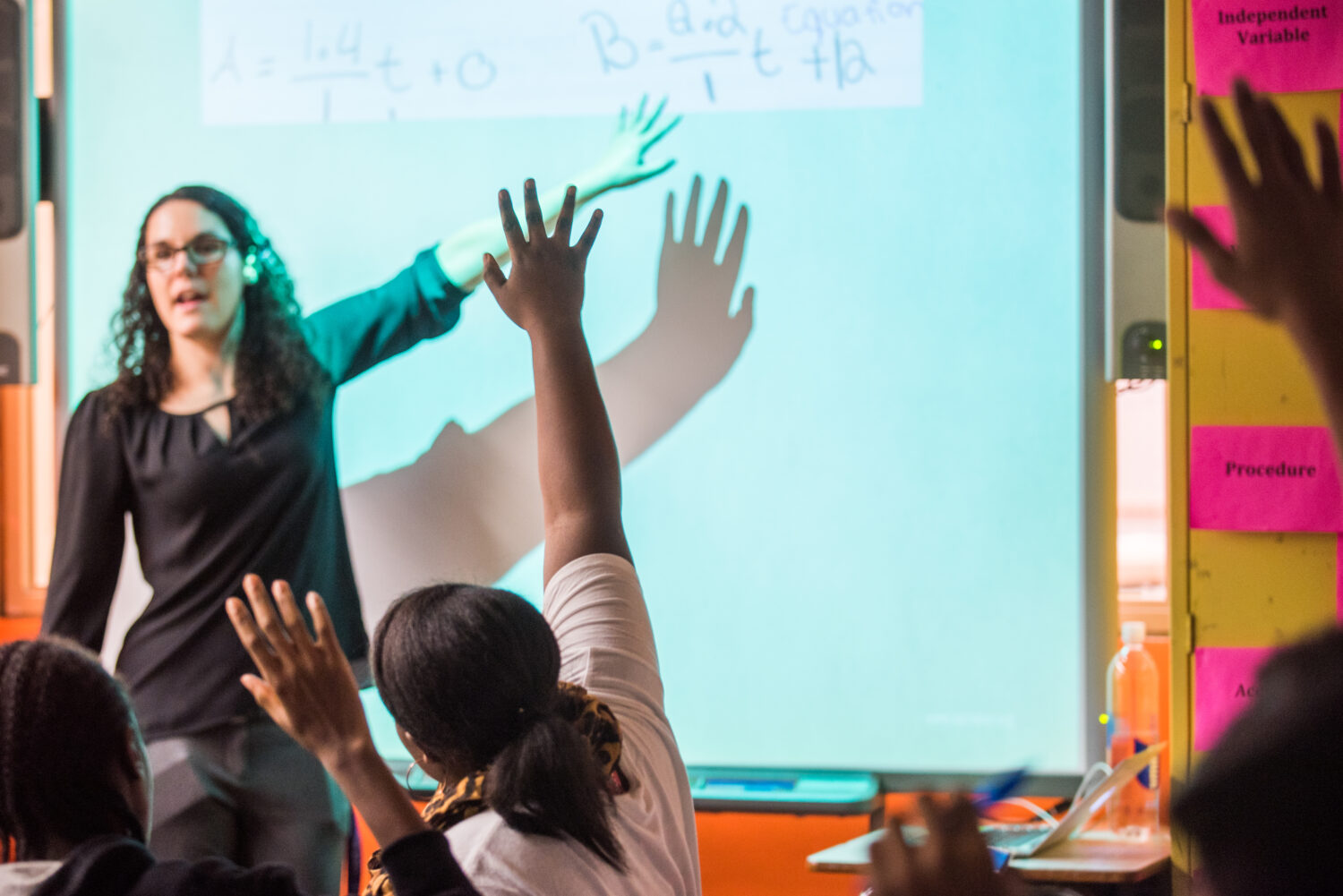First the good news: 90% of Boston’s 6,000 four-year-olds are already enrolled in early education and care programs. That was among the key findings of a recent report by a 30-member Advisory Committee on Universal Pre-K, which was appointed by Mayor Martin J. Walsh in May 2014 (and on which I served). Now comes the challenge: with some pre-K students in the Boston Public Schools, some in Head Start or community-based centers, some in charter or parochial schools, some in family childcare settings, how do we ensure all programs meet a consistent and high standard of quality?
Given this challenge, I am excited to share that Barr’s trustees recently approved a $1,400,000 grant to United Way of Massachusetts Bay, Inc. This grant is intended to help the City of Boston chart a course to universal, high-quality pre-K. In collaboration with Parthenon-EY and the Wellesley Centers for Women, Boston will complete a supply and demand analysis of existing seats, a quality assessment by program type, and a cost assessment by program type. This data base (along with additional research into lessons learned from comparable initiatives across the country) will then inform the design of an implementation plan to scale universal quality for pre-K across the city.
In March, we announced new strategies for the Foundation’s Education Program, aligned to a singular goal of connecting all students to success in and beyond high school. One implication of this new, sharper focus is that we will wind down Barr’s early education portfolio. Yet we are committed to dedicating the time and resources to bringing this body of work to a thoughtful conclusion—and to ensuring that those partners we have been so proud to support and work with are well positioned to continue to fulfill their missions.
In that context, we are truly excited to be able to make this grant, which builds on more than $30 million invested in early childhood education in the last 10 years. During these years, our partners have had many notable accomplishments—to mention just a few:
- Boston Public Schools establishing and growing the most effective public preschool program in the country;
- Children’s Investment Fund producing research that the State Legislature considered when it passed a bond bill providing up to $45 million to improve the quality of program facilities;
- First Teacher’s launch of a promising, evidence-based, parent-to-parent school readiness program that helps families support their children’s development of language, literacy, and executive function; and
- Strategies for Children, Bessie Tartt Wilson Initiative for Children, and others collectively supporting the health and increasing effectiveness of the early childhood community on which Boston families rely.
There are certainly many more important efforts that come to mind, and I invite colleagues to note them in the comment section below. In the months to come we’ll also be working to document and share reflections and lessons learned from these and other early childhood efforts in Boston and Massachusetts over the last decade.
The early childhood field has come a long way. While much more remains to be done, Boston has been a forerunner in many ways. And we are excited about the potential of this planning effort to set the stage for Boston to extend its leadership, build on its successes, and develop a strategic pathway to providing high-quality pre-K so that it can fulfill its commitment to the city’s children.
